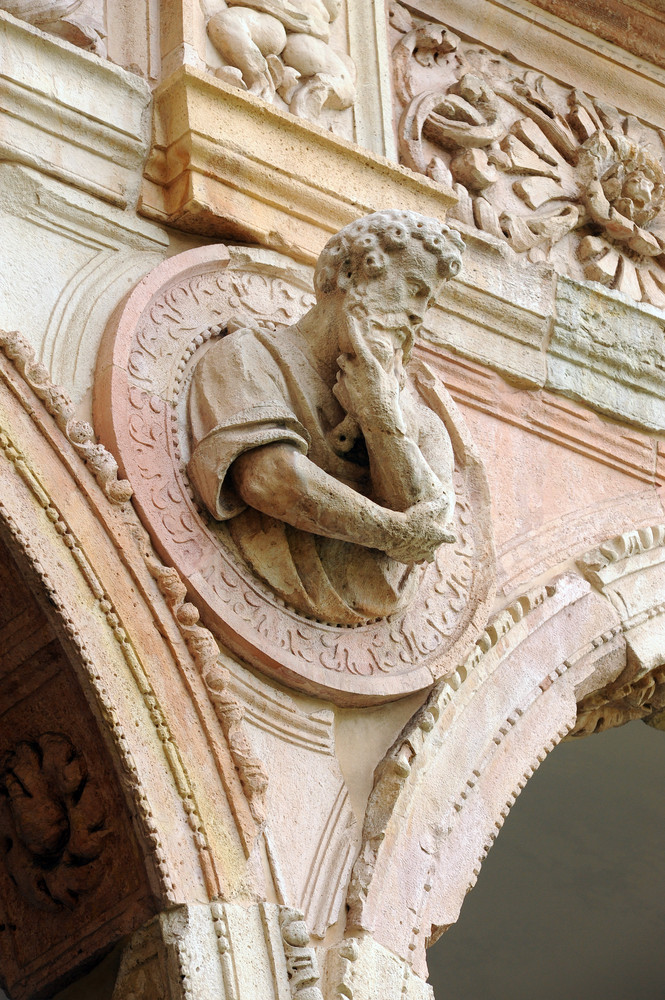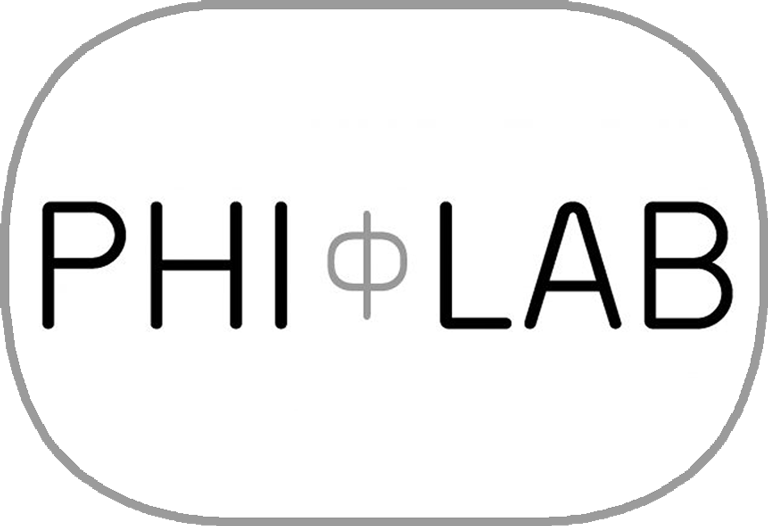Cognition In Action Lab Action and Perception Project Leader: Corrado Sinigaglia Fundings 2013-2015 British Academy / Leverhulme Small Grant Motor Planning and Practical Reasoning 20.000 £. (PI in collaboration with...
Read moreResearch Units
CIA – Cognition in Action Lab
Coordinator: Corrado Sinigaglia
The Cognition in Action (CIA) Lab investigates how perception and action interact, focusing on the cognitive and neural mechanisms that underpin action planning, execution, and observation. A key area of interest is joint action—how individuals coordinate and align their actions with others—which the lab explores through a combination of theoretical modelling, behavioural experiments, and neurophysiological methods such as EEG and TMS. The lab also studies social cognition, agency, and motor representation, aiming to uncover how we understand others’ actions and intentions. The CIA Lab brings together interdisciplinary expertise and collaborates with international research centres to advance both foundational and applied knowledge in cognitive science.
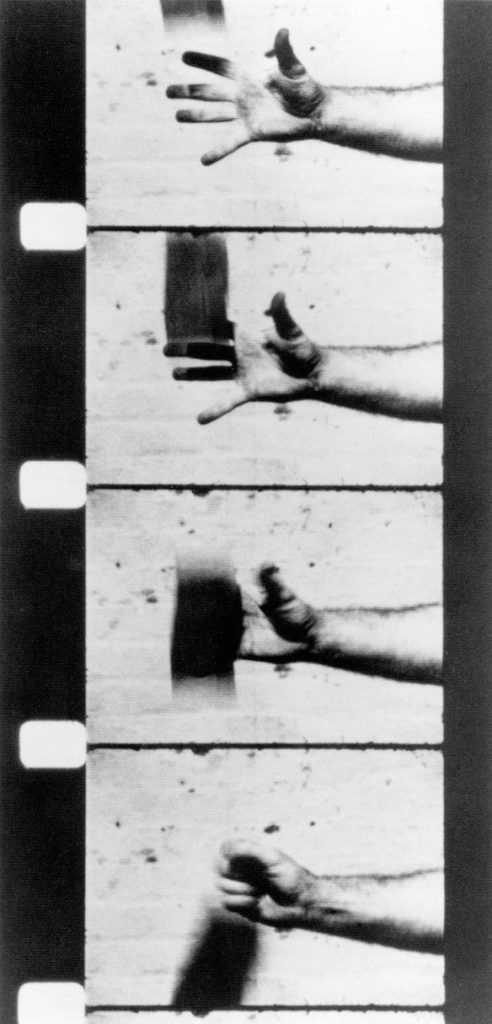
CARS – Cognitive and Affective Research Studies

Coordinator: Claudio Lucchiari
The CARS group investigates the cognitive and neurocognitive bases of creativity, emotion-cognition interaction (especially in decision-making), functional and dysfunctional learning, communication and deception, and maladaptive behaviours such as addiction and conflict. Their neurocognitive approach supports both basic research (e.g., neurophysiological markers of decision conflict) and applied research (e.g., creative training programs). Methods include behavioural and cognitive assessments, EEG, fNIRS, neurofeedback, tDCS, and psychometric tools.
PIS – Performing Identities Studies
Coordinator: Chiara Cappelletto
PIS – Performing Identities Studies investigates the performative dynamics of identity by examining the epistemic conditions, devices and artefacts that participate in the processes of subjectivation. It takes a renewed materialist perspective and works with an interdisciplinary approach between aesthetics, neuroscience, media theory and anthropology.
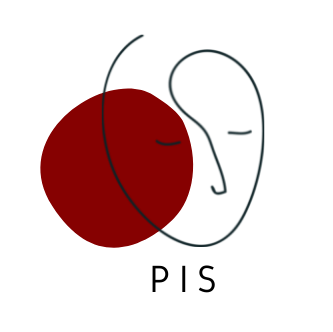
CPT – Centre for Philosophy of Time
Coordinator: Giuliano Torrengo
The Centre for the Philosophy of Time (CPT) aims to promote and support research on the philosophy of time in Europe by bringing together professors, researchers, and students in analytic philosophy working on time-related topics. Its main goal is to facilitate collaboration on shared projects and to foster the dissemination of research findings.
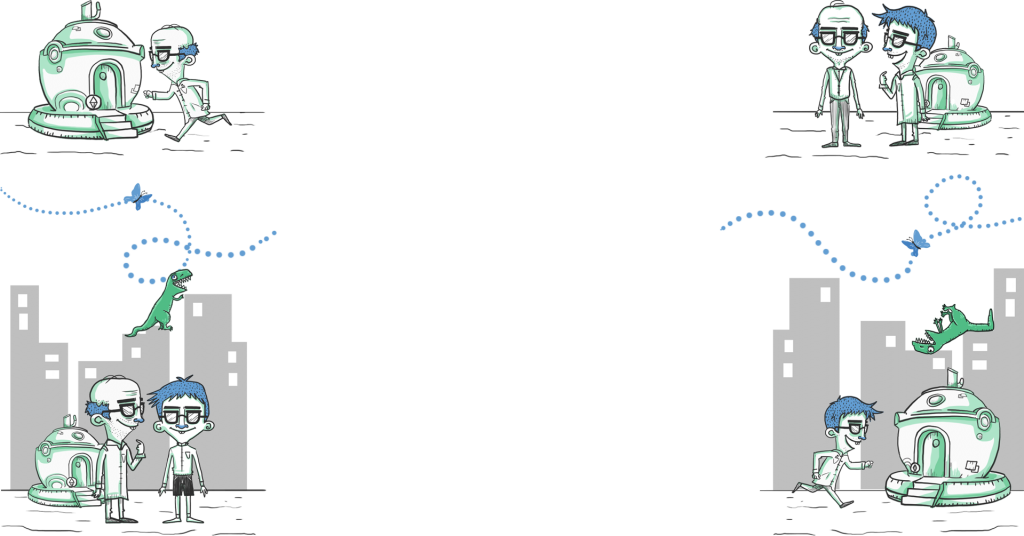
SOUL – Social Ontology Unit Lab
Coordinator: Francesco Guala
Social ontology is the branch of philosophy that studies the fundamental constituents of social reality. It addresses questions such as: What are institutions? What are social norms? What are social groups, and what are their functions? What sort of mechanisms sustain cooperation and coordination? What, if anything, makes human sociality distinctive in the animal kingdom? To answer these questions we use methods borrowed from a variety of disciplines, including cognitive science, game theory, experimental psychology, anthropology, ethology, and history.
